
This is your website preview.
Currently it only shows your basic business info. Start adding relevant business details such as description, images and products or services to gain your customers attention by using Boost 360 android app / iOS App / web portal.
Manufacturing test

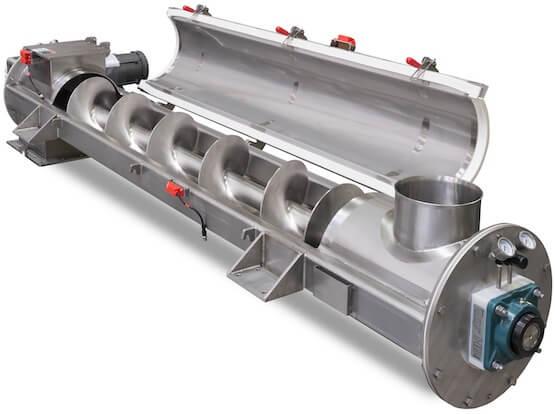
Industrial Screw Conveyor
VIEW DETAILS
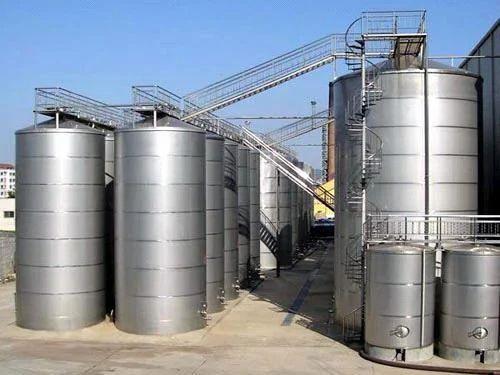
Industrial Oil Storage Tank
VIEW DETAILS
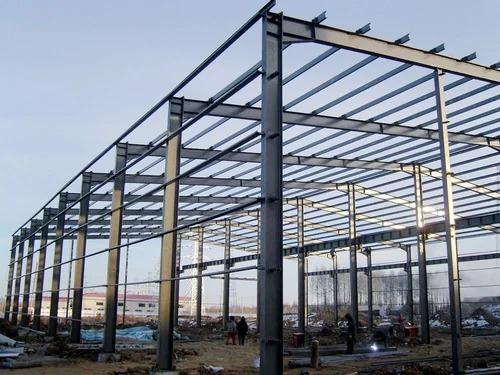
Industrial Equipment Erection Services
VIEW DETAILS
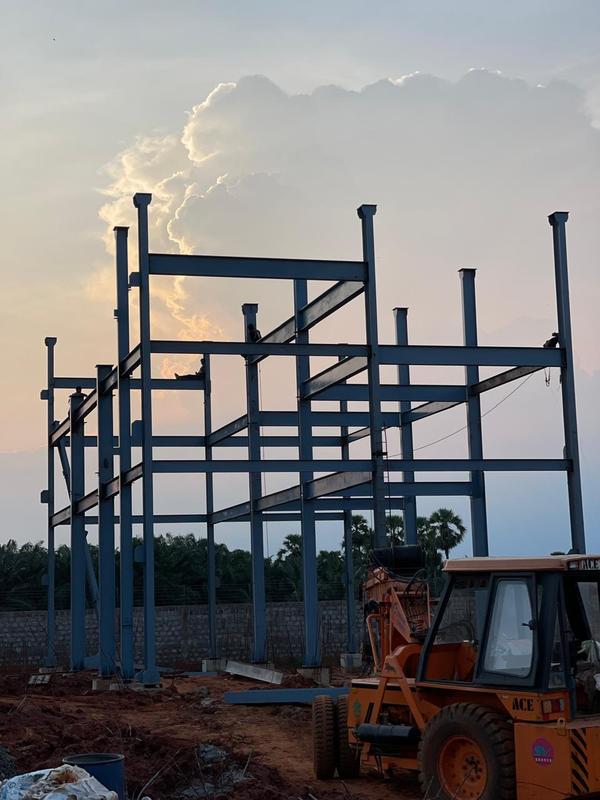
Solvent Extraction Plant Fabrication S
VIEW DETAILS
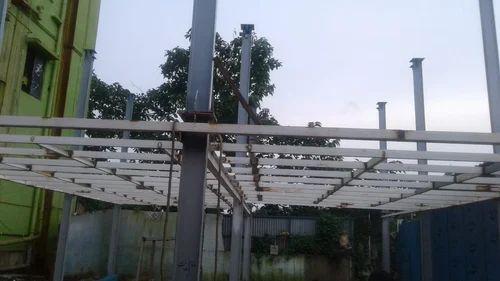
Column Structural Fabrication Services
VIEW DETAILS
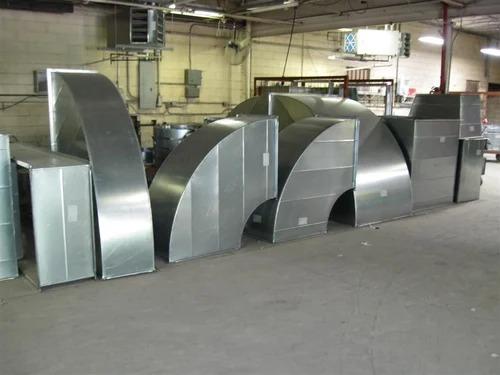
Duct Fabrication Service
VIEW DETAILS
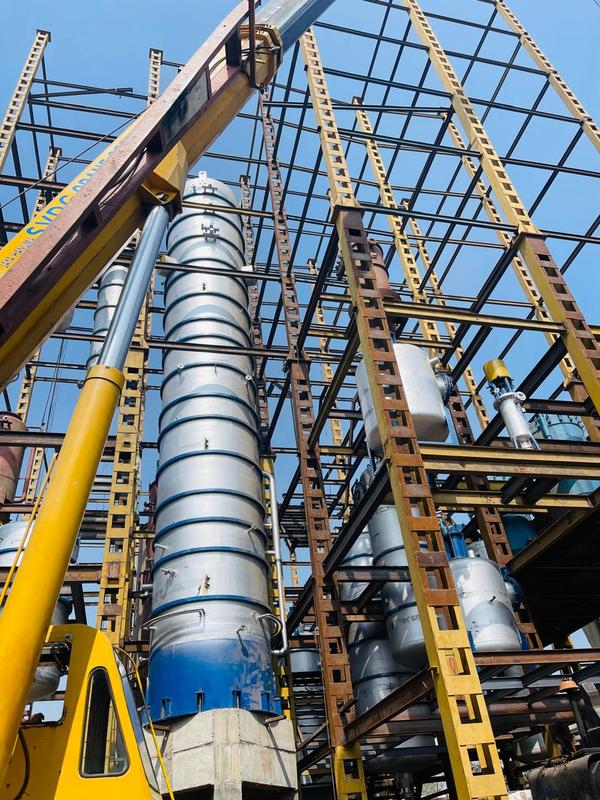
MS Pipeline Fabrication Services
VIEW DETAILS
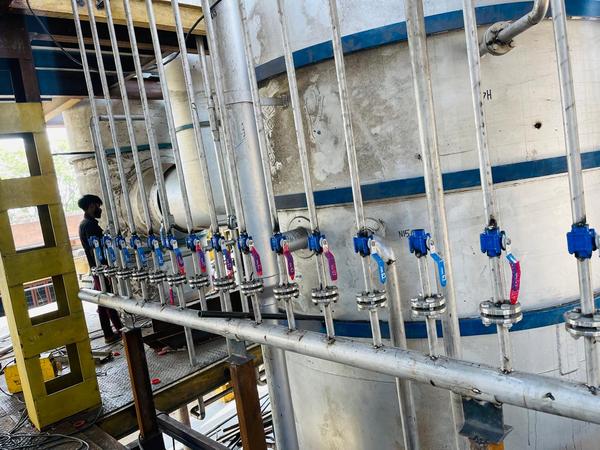
Industrial Pipe Fabrication Services
VIEW DETAILS
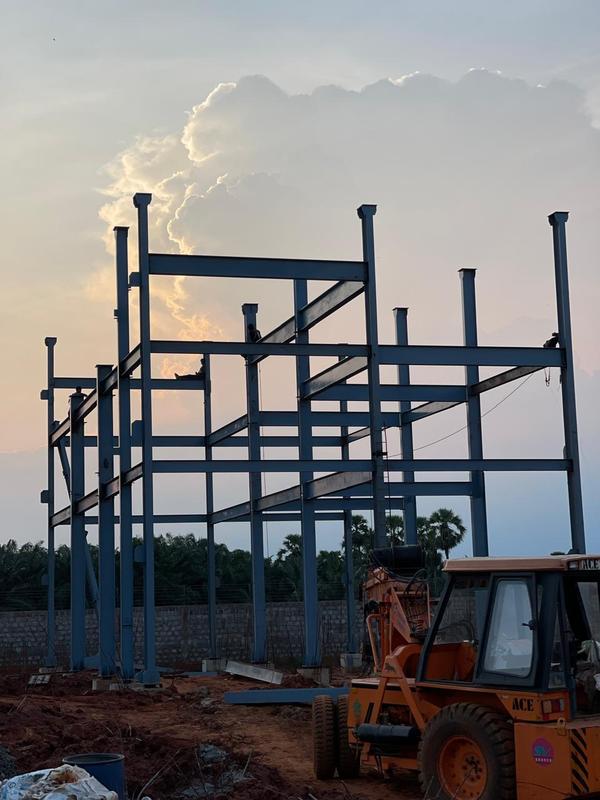
Industrial Heavy Sheet Metal Fabricati
VIEW DETAILS
![At [Your Company Name], we specialize in beam structural fabrication services that are designed to meet the demands of complex construction and industrial projects. Our highly skilled team uses advanced techniques and equipment to fabricate beams that provide the strength and stability required for your structures. From simple steel beams to intricate, custom designs, we deliver high-quality solutions tailored to your project needs.Our Beam Structural Fabrication Services1. Custom Beam FabricationWe offer custom fabrication of structural beams, including I-beams, H-beams, and channel beams, designed to support a wide variety of building and infrastructure projects. Our fabrication team ensures precise dimensions and superior quality, guaranteeing that every beam meets your specific requirements and industry standards.2. Beam Welding and AssemblyOur expert welders use advanced welding techniques, including MIG, TIG, and stick welding, to create strong and durable connections between beam components. We ensure that all welded beams are structurally sound, reliable, and capable of handling the load-bearing requirements of your project. Additionally, we provide full assembly services to integrate beams with other structural elements.3. Precision Cutting and ShapingUsing state-of-the-art CNC machines and laser cutting technology, we provide highly accurate cutting and shaping of beam materials such as steel, stainless steel, and aluminum. This ensures that every beam is precisely manufactured to your project's design specifications, minimizing waste and reducing costs.4. Structural Beam Design and EngineeringOur in-house engineers work with you to design and optimize beams that are both cost-effective and efficient. Using advanced software and structural analysis tools, we ensure that all fabricated beams provide maximum strength and stability for your building or infrastructure projects.5. Surface Treatment and FinishingWe offer a range of finishing services, including galvanizing, powder coating, and painting, to enhance the durability and appearance of your beams. These finishes help protect the beams from corrosion and environmental damage, extending their lifespan and ensuring long-term performance.Why Choose Us for Beam Structural Fabrication?Precision and Quality: Our team of experts ensures that each beam is fabricated to the highest quality standards, providing structural integrity and reliability.Tailored Solutions: We work closely with clients to understand their unique requirements and provide customized beam fabrication solutions that meet their specific needs.Advanced Technology: We use cutting-edge fabrication equipment and software to achieve the highest levels of accuracy and efficiency in every project.Timely Delivery: We understand the importance of deadlines in construction projects, and our streamlined processes ensure that your fabricated beams are delivered on time and within budget.Safety and Compliance: We adhere to all industry safety standards and building codes to ensure that every beam is safe and compliant for its intended use.Industries We ServeOur beam structural fabrication services cater to a wide range of industries, including:Commercial and Residential ConstructionInfrastructure and Civil EngineeringIndustrial ManufacturingHeavy Equipment ManufacturingOil & Gas and Energy Projects](https://productimages.withfloats.com/tile/67b2c7dfe657e02e1288d3ac.jpeg)
Beam Structural Fabrication Services
VIEW DETAILS
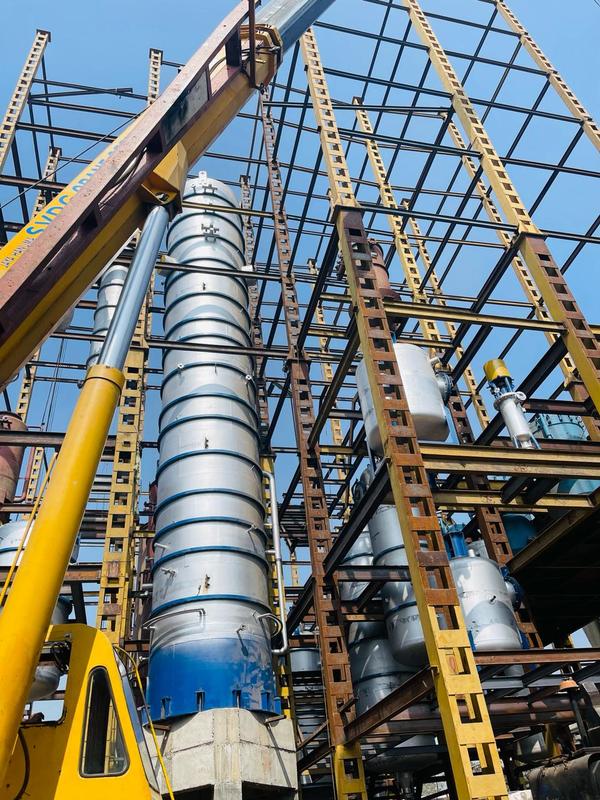
Structural Fabrication Service
VIEW DETAILS
![Industrial Heavy Sheet Metal Fabrication ServiceAt [Your Company Name], we specialize in high-quality industrial heavy sheet metal fabrication to meet the toughest demands of modern industries. Our expertise lies in crafting durable, precision-engineered metal components for a wide range of sectors, including manufacturing, construction, energy, and aerospace.Our Services1. Custom Sheet Metal FabricationWe offer custom sheet metal fabrication services tailored to your specific project requirements. Whether you need simple brackets or complex structural assemblies, our skilled team of fabricators ensures top-notch precision and quality at every step.2. Laser Cutting and CNC PunchingWith advanced laser cutting and CNC punching technology, we provide precise and efficient cutting services for a variety of metal sheets, including steel, aluminum, copper, and more. Our machines are designed to handle thick gauge metals, ensuring smooth and clean cuts for all applications.3. Welding and AssemblyOur certified welding experts specialize in MIG, TIG, and stick welding for industrial-grade metal components. We ensure strong, reliable welds that hold up under extreme stress, combining precision with strength. Additionally, we offer full assembly services to integrate your metal components into complete systems.4. Metal Forming and BendingFrom simple bends to complex shapes, we use state-of-the-art presses and brakes to deliver precise metal forming. Our fabricators work with both small and large sheet metal pieces, offering unparalleled accuracy and quality in all bending processes.5. Surface FinishingFor a superior final product, we offer various surface finishing options such as powder coating, galvanizing, and anodizing. These finishes not only enhance the aesthetic appeal but also increase the durability and corrosion resistance of the metal parts.Why Choose Us?Expertise and Experience: With years of experience in heavy sheet metal fabrication, we provide reliable, cost-effective solutions to meet industrial standards.Advanced Technology: Our investment in cutting-edge machinery ensures that every product is fabricated with the highest precision.Timely Delivery: We understand the importance of deadlines in industrial projects, which is why we work efficiently to deliver your custom solutions on time.Quality Assurance: Every product undergoes stringent quality checks to ensure that it meets your exact specifications and industry standards.Industries We ServeOur industrial heavy sheet metal fabrication services cater to a wide range of industries, including:ConstructionAutomotiveEnergy & PowerAerospaceElectronicsHeavy Machinery Manufacturing](https://productimages.withfloats.com/tile/67b2c66014253550510159df.jpeg)
Industrial Heavy Sheet Metal Fabricati
VIEW DETAILS
